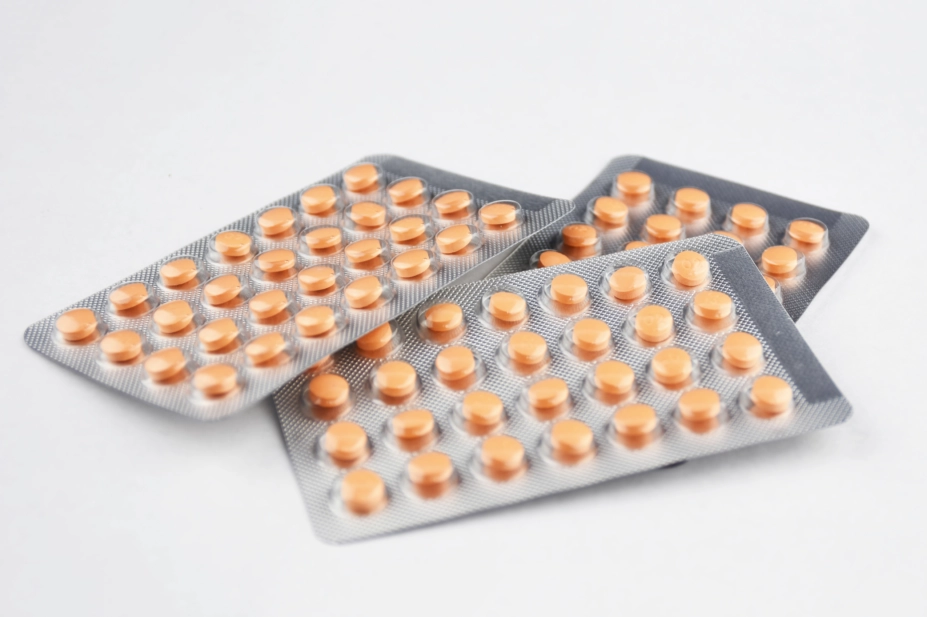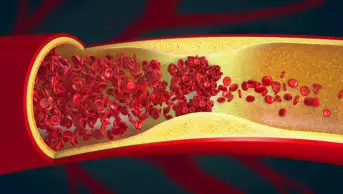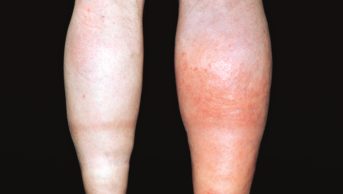
Shutterstock.com
Most oral preparations of hormone replacement therapy (HRT) are associated with a higher risk of venous thromboembolism (VTE), a study published in The BMJ
has found.
However, transdermal HRT preparations, such as skin patches, gels and creams, are not associated with any VTE risk.
The observational study was based on a subset of the UK general female population aged 40–79 years. The researchers compared the HRT prescriptions records of more than 80,000 women with a primary diagnosis of VTE between 1998 and 2017 matched, according to age, general practice and index date, to over 390,000 female controls.
Factors such as demographics, smoking status, alcohol consumption, comorbidities, recent medical events and other prescribed drugs were taken into account.
Overall, 5,795 women with VTE and 21,670 controls had been exposed to HRT within 90 days of the index date. It was found that 85% of the women with VTE and and 78% of the control group used oral therapy, respectively. This means that the oral HRT use was associated with a 58% (adjusted odds ratio [OR] 1.58; 95% confidence interval [CI] 1.52–1.64) increased risk of VTE compared with no exposure, which is equivalent to 9 extra cases of VTE per 10,000 treated each year.
The risk of VTE was increased by 40% (OR 1.40; 95% CI 1.32–1.48) with oestrogen-only preparations and by 73% (OR 1.73; 95% CI 1.65–1.81) with combined preparations. Compared with no exposure, conjugated equine oestrogen with medroxyprogesterone acetate was found to increase the risk of VTE by 110% (OR 2.10; 95% CI 1.92–2.31), whereas estradiol with dydrogesterone increased the risk by 18% (OR 1.18; 95% CI 0.98–1.42).
In contrast, transdermal preparations were not associated with VTE risk.
Despite this, the authors highlighted an “overwhelming preference” for oral preparations and they said that greater consideration should be given to transdermal preparations, particularly for women already at an increased risk of VTE.
“The study provides more information for clinicians and women about relative VTE risks and highlights that oral HRT is still the preferred choice over other forms of treatment with no associated VTE risks,” they wrote.
- This story was corrected on 11 January 2019 to include further detail on the study data


